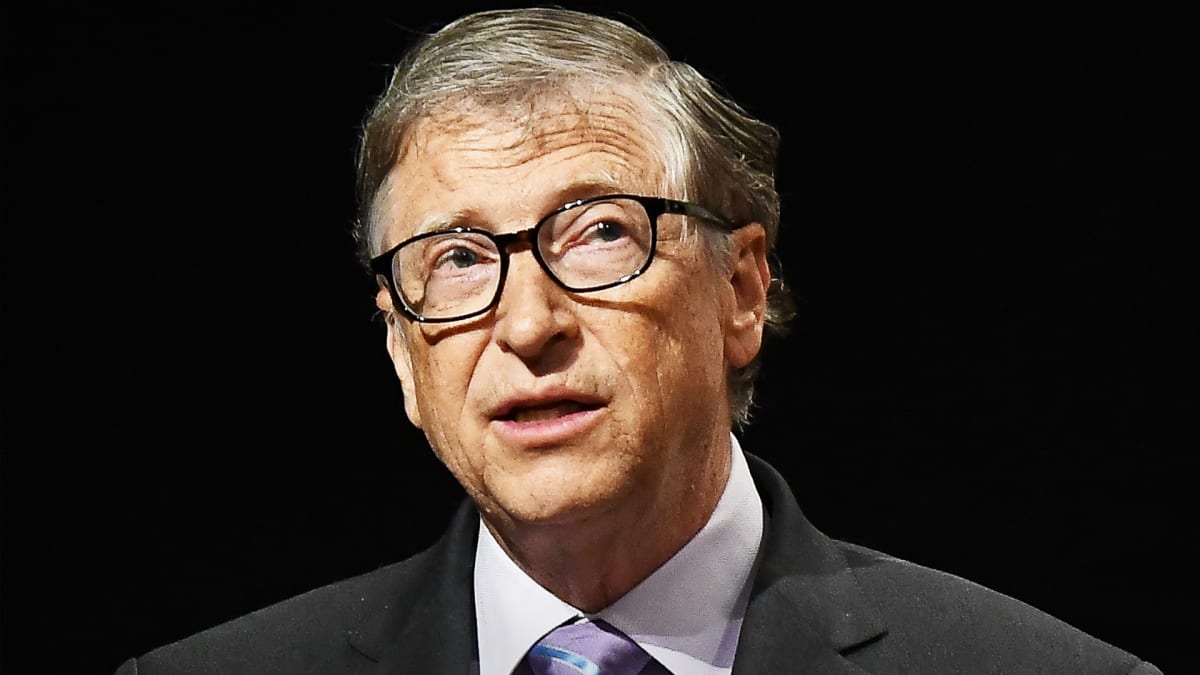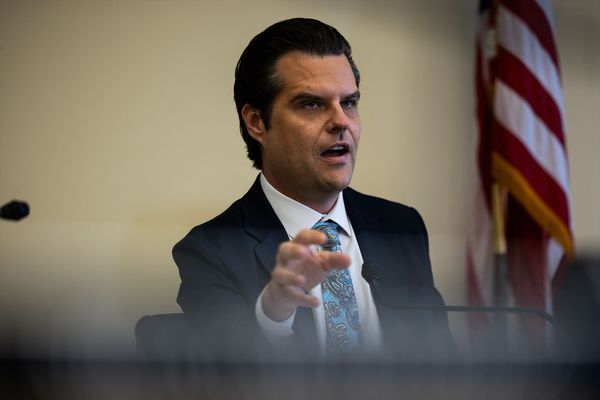
Billionaire investor and Microsoft co-founder (MSFT) Bill Gates remains focused on his goals of introducing and supporting sustainable innovation.
He has been working on one solution to a piece of the emissions problem for some 15 years -- a next-generation nuclear power plant called ‘Natrium.’
DON’T MISS: Elon Musk Has a $10 Trillion Plan to Get Rid of Fossil Fuels
The plant, which Gates said could potentially open its doors by 2030, was designed by TerraPower, a company Gates started in 2008. It represents an investment in an energy source that he views as vital in the transition to clean energy production.
"The world needs to make a big bet on nuclear," Gates wrote in a blog post Friday. “None of the other clean sources are as reliable, and none of the other reliable sources are as clean.”
However, the risks of severe accidents has virtually halted construction in the U.S. Only one U.S. nuclear plant has entered service since 2000 and the average age of U.S. plants is about 40 years, according to Energy Information Administration data.
The Natrium plant seeks to fix the biggest problems nuclear energy poses.
Gates noted the big difference between the Natrium plant and conventional nuclear plants is that the Natrium plant uses liquid sodium to cool its reactor. Unlike the traditional coolant -- water -- the liquid sodium can absorb far more heat from the reactor without increasing in pressure, reducing the risk of an explosion. It also continues to cool even if the plant loses power.
The plan also has a unique energy storage system, which will make it easier to integrate with power grids. Extensive testing on supercomputers shows the Natrium plant holding up against a variety of simulated disasters.
Gates anticipates that the construction of the facility will bring about 1,600 workers to Kemmerer, Wyoming, giving the local economy a big boost for a few years. It will also employ 200-250 people. A local coal plant that is scheduled to be shut down soon employs 110 local residents
“I’m excited about this project because of what it means for the future,” Gates wrote. “It’s the kind of effort that will help America maintain its energy independence. And it will help our country remain a leader in energy innovation worldwide.”







